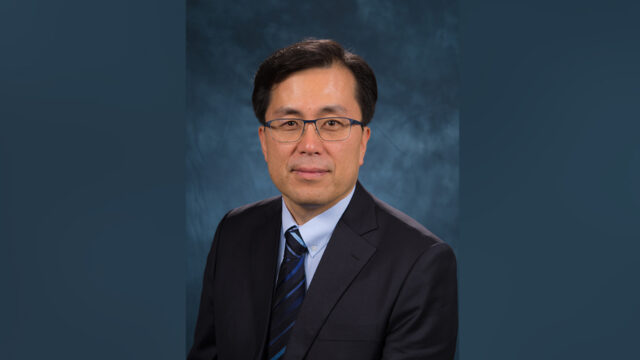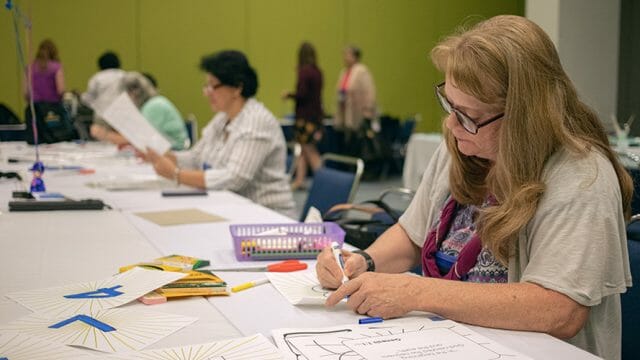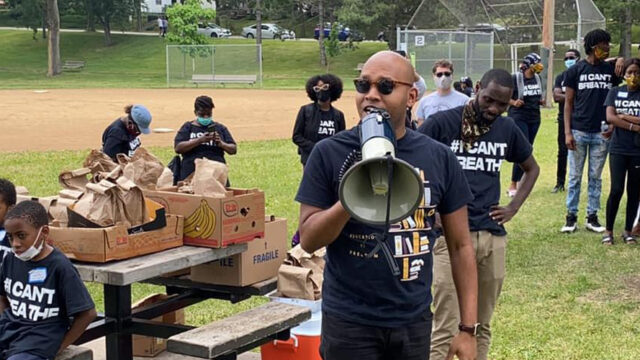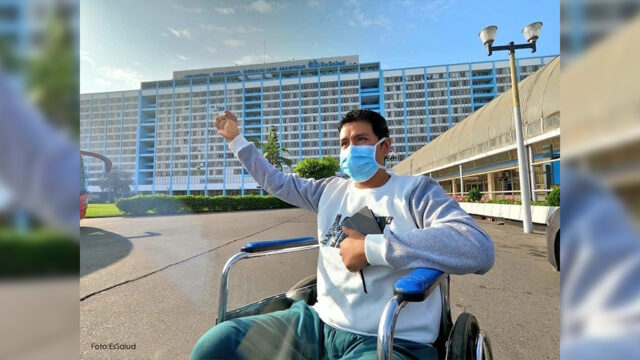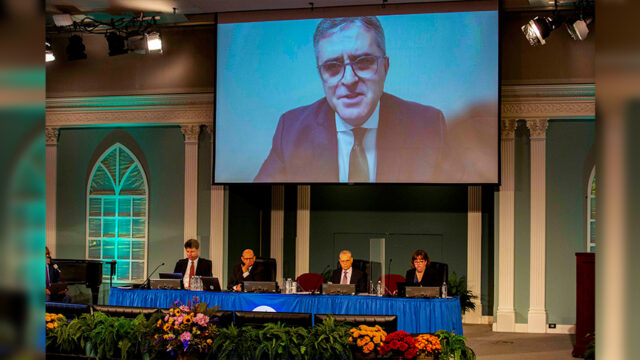Nineteen years later we still find it shocking.
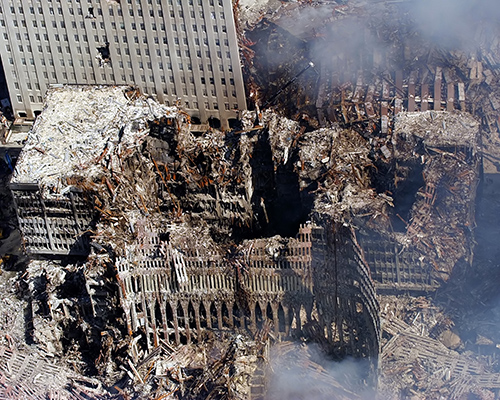
I remember the sound of an airplane screaming overhead, then a loud thud.
I remember a terrified woman running toward us yelling, “Is this the end of the world? Is this the end of the world?” I remember thinking, If this is the end of the world, I want to be right here, comforting those who are terrified.
I remember the screams of burn victims quieting as I prayed with them.
I remember a man passing out bottles of water to first responders. Pointing to the gaping hole in the Pentagon, he said, “My wife works right there.”
I remember searching for a specific car in the Pentagon parking lot that belonged to a single mother, who that morning had left her 2-year-old with his grandparents and driven to work. I remember days later going with two other Navy officers to the grandparents’ house to tell them that the remains of their daughter had been identified.
I remember being met in the driveway by an aunt’s finger shaking at the cross on my uniform and her shouting, “I blame God for this, and I don’t want to talk to you!” before she disappeared.
I remember waiting for a long time at the door for someone to answer the bell, and later in the living room for the family to gather.
I remember briefly sharing our own experiences of loss and, before leaving, having that grieving family put their arms around us as we prayed together.
Ten days later in New York City I remember the piles of debris still several stories high.
I remember the cranes and earthmovers looking like children’s toys next to that huge pile of rubble.
I remember the Wall of Prayer covered with hundreds of pictures and descriptions of people—loved and missing—and feared forever lost.
I remember the glazed look in the eyes of rescuers combing through the rubble, searching for remnants of those whose pictures papered the wall.
I remember a chaplain’s description of how a whistle would blow when a body part was found, all work on the site would stop, and a chaplain would pray as this remnant of a human being was gently carried to the trailers that served as temporary morgues.
I remember the combined smell of pulverized dust, diesel exhaust, the city, and that morgue.
I remember the resolute determination of New Yorkers.
I remember the memorial service in Yankee Stadium, where a rabbi reminded us that this was not just one horrific tragedy, but thousands of tragedies. He said: “Thousands of people did not die. One person died thousands of times.”
Lessons
What lessons would Adventists do well to remember from September 11?
First, this world is not a safe, comfortable, and friendly place. This world is not our home.
Second, we are people of the whole world, and we must treat people everywhere with respect. Innocent people die when differences are attacked rather than respected.
Third, treasure and protect the freedom to disagree. This is a particular challenge for us who believe we have answers to the world’s problems. Some of us Adventists, disappointingly similar to some politicians, talk show hosts, and religious extremists, at times attack those who disagree rather than listen; condemn rather than discuss; exclude, marginalize, ignore, and demean rather than love. We do that even to each other. Diversity of opinion, as well as differences of race and culture, deserves to be defended. God sacrificed Himself to preserve our freedom to disagree; so should we.
Fourth, God doesn’t always protect us from the pain of evil people’s choices. Expect bad things to happen, even to good people.
Fifth, this could be your last living moment. Don’t look for more signs of the Second Coming. Be ready. Now!
Finally, do not place your trust in princes, or politicians, or religious leaders, or weapons, or financial portfolios. “Where does [your] help come from?” asks the psalmist. He answers: “[Your] help comes from the Lord, the Maker of heaven and earth” (Ps. 121:1, 2). Hope in the Lord, who Himself said, “In this world you will have trouble. But take heart! I have overcome the world” (John 16:33).
What Do You Think?
1. What enduring memories do you have from the terrorist attacks of September 11, 2001?
2. What lessons would you add to those listed by the author? List at least three.
3. Were the attacks of September 11 the result of religious extremism only? If not, what else was at play?
4. What are some uniquely Christian responses to terrorist attacks, both now and in the future?


